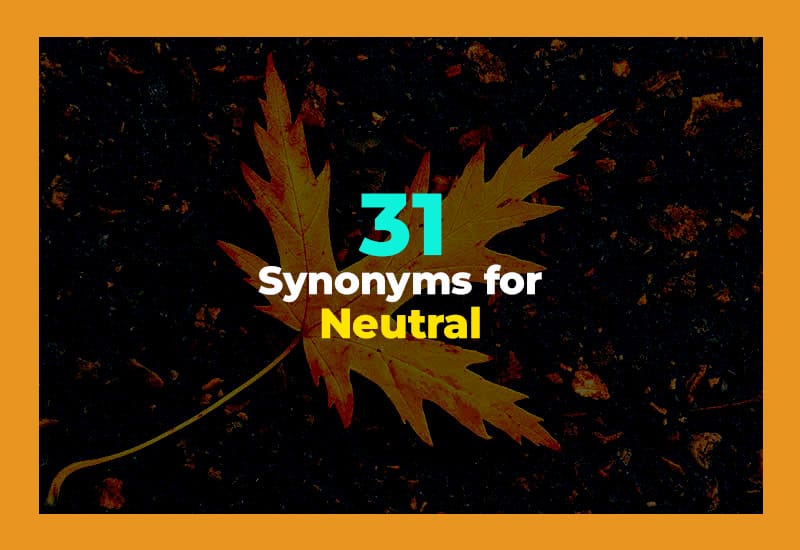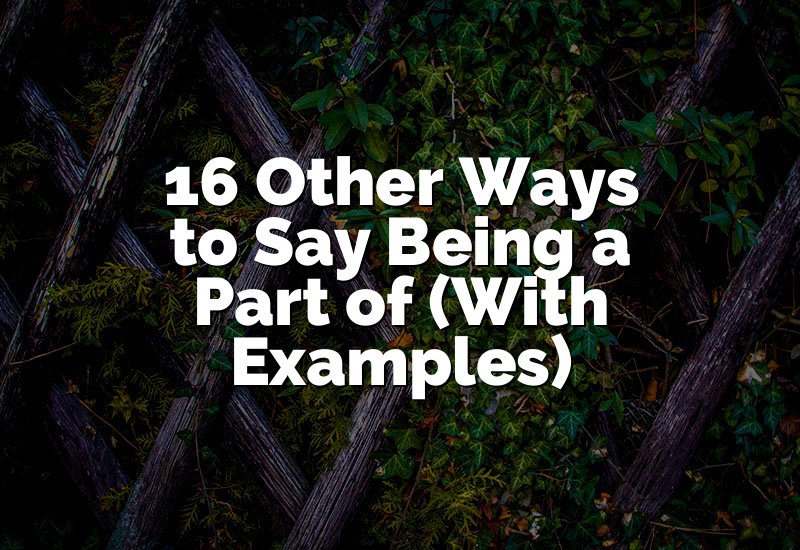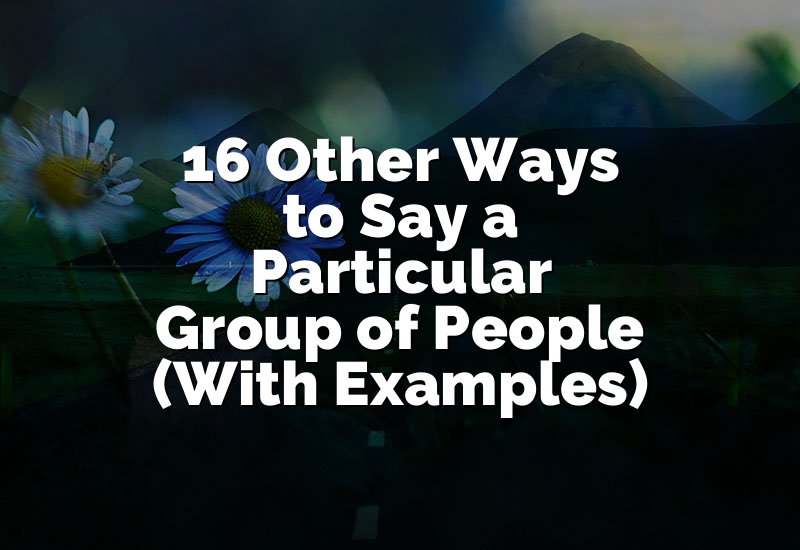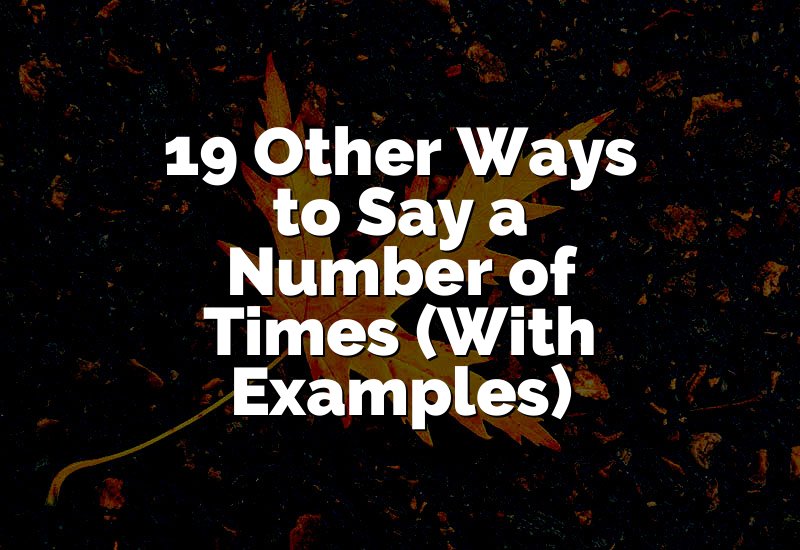You know sometimes when you do not want to take sides and you just want to stay in the middle? That is when the word “neutral” comes in. But there are so many fun and fresh ways to say it, like “balanced”, “fair”, or even “impartial”. In this article, we will explore 31 other ways to say NEUTRAL with clear meanings and easy examples.
| Synonym | Meaning | Example |
|---|---|---|
| Balanced | Equal and fair, not leaning to one side | Her view on the issue was balanced and calm. |
| Fair | Treating everyone the same without bias | The teacher gave a fair decision in class. |
| Impartial | Not showing favoritism | The judge stayed impartial during the trial. |
| Unbiased | Free from personal opinions | He gave an unbiased review of the book. |
| Objective | Based on facts, not feelings | The report was objective and detailed. |
| Detached | Not emotionally involved | She stayed detached from the argument. |
| Nonpartisan | Not supporting one group over another | The news station claimed to be nonpartisan. |
| Evenhanded | Treating both sides equally | The manager was evenhanded with her team. |
| Middle | Staying between two sides | He stood in the middle of the debate. |
| Indifferent | Not showing strong feelings either way | She was indifferent to the outcome. |
| Moderate | Not extreme, in the center | He had a moderate opinion on politics. |
| Equitable | Fair and equal | The settlement was equitable for both. |
| Unprejudiced | Not influenced by bias | His unprejudiced advice helped me decide. |
| Just | Guided by fairness | The leader made a just decision. |
| Detached-minded | Thinking without personal ties | He stayed detached-minded in the talk. |
| Open-minded | Willing to see all sides | She was open-minded in the discussion. |
| Considerate | Respectful of both sides | He was considerate when judging. |
| Square | Fair and honest | She gave him a square answer. |
| Temperate | Calm and not extreme | His temperate tone kept peace. |
| Level-headed | Thinking calmly and fairly | She stayed level-headed under stress. |
| Steady | Firm and balanced | He had a steady approach to issues. |
| Rational | Based on reason | Her rational view kept the group calm. |
| Nonaligned | Not joining one side | The country stayed nonaligned in the war. |
| Reserved | Holding back opinions | He stayed reserved in the debate. |
| Cool | Calm and not taking sides | She stayed cool while others argued. |
| Careful | Thinking before judging | He was careful with his opinion. |
| Calm | Quiet and peaceful | Her calm voice showed no bias. |
| Neutral-minded | Staying in the middle | He gave a neutral-minded answer. |
| Nonjudgmental | Not judging either way | She was nonjudgmental with others. |
| Steadfast | Firm in balance | He was steadfast and fair in talks. |
| Detached-view | Opinion free from sides | She gave a detached-view of the matter. |
Balanced
Balanced means being equal and not leaning to one side or the other. It shows you can see both sides of something without being unfair. People who are balanced think about both views and give respect to all. This word is great to use when someone keeps peace by not showing favoritism. It brings a sense of fairness in tough talks.
- Her balanced words helped both friends calm down.
- The article gave a balanced review of the movie.
- He tried to stay balanced in the argument.
Fair
Fair is all about giving the same respect and treatment to everyone. When something is fair, it feels right because no one gets special favors. People love fairness because it shows honesty. Using this word can help when you want to describe a just action or decision. It makes everyone feel valued, and it builds trust in groups.
- The game rules were fair to all players.
- She gave a fair chance to both students.
- The boss made a fair choice in hiring.
Impartial
Impartial means not taking sides and staying free from personal feelings. When someone is impartial, they do not let their own opinion affect their judgment. This is important in situations like trials, debates, or when making serious decisions. It shows honesty and responsibility. People trust impartial people because they focus only on facts, not emotions or bias.
- The referee stayed impartial in the football match.
- She gave an impartial answer in the survey.
- His impartial view solved the conflict.
Unbiased
Unbiased is used when someone looks at things fairly, without personal feelings changing their view. It means you judge only with facts and do not let emotions get in the way. This word is often used in reviews, research, or reports. People value unbiased opinions because they know they can trust the fairness behind them. It is a strong word for honesty.
- The journalist wrote an unbiased article.
- He gave an unbiased opinion on the topic.
- The study was unbiased and very clear.
Objective
Objective means focusing on real facts instead of personal feelings. If someone is objective, they look at things the way they truly are. This word is helpful in work, school, or debates when clear thinking is needed. It helps people make fair choices because they rely on truth. Staying objective shows strength and respect for reality.
- The teacher gave an objective grade.
- He stayed objective during the interview.
- The scientist made an objective report.
Detached
Detached means not showing emotional involvement in a situation. It is often used when someone stays calm and does not let feelings control them. Being detached can help in making serious decisions because emotions do not take over. Some people see it as cold, but it can also mean being wise and fair. It brings a steady and thoughtful approach.
- She gave a detached reply during the talk.
- He stayed detached while others argued.
- The doctor gave a detached explanation of results.
Nonpartisan
Nonpartisan means not connected to any group, party, or side. When someone is nonpartisan, they focus on fairness and truth instead of loyalty to one team. This is important in politics, debates, or news reporting. People trust nonpartisan voices because they know the view is not shaped by hidden agendas. It makes people feel the opinion is honest.
- The committee gave a nonpartisan report.
- She worked in a nonpartisan role in the project.
- The news channel stayed nonpartisan.
Evenhanded
Evenhanded means treating all sides equally and fairly. It shows that no one gets special treatment, and everything is managed with care. People who are evenhanded are often trusted because they respect both sides. It is often used for leaders, teachers, or managers. This word carries a sense of wisdom and balance, making it great for describing fair actions.
- The boss was evenhanded with his team.
- She gave an evenhanded answer.
- The judge was evenhanded in the case.
Middle
Middle means being right in between two sides. When someone stays in the middle, they do not choose one over the other. It shows a safe spot where no strong lean exists. This word is often used in debates, arguments, or choices. People who are in the middle are often careful and calm, looking at both views before saying anything.
- He stayed in the middle of the debate.
- She gave a middle choice to the group.
- They picked a middle ground.
Indifferent
Indifferent means not showing strong feelings for either side. It often shows that someone does not really care about the outcome. While it can sound uncaring, sometimes it helps keep peace. Being indifferent keeps a person calm in stressful talks. It is useful when the result does not affect you much. This word adds a cool and distant mood.
- She was indifferent to the fight.
- He seemed indifferent to the results.
- They stayed indifferent in the matter.
Moderate
Moderate means staying in the center and avoiding extremes. People who are moderate often choose calm and balanced views. It is often used in politics, lifestyle, and talks. Being moderate helps keep peace because it avoids strong fights. This word brings a feeling of calmness and balance, making it useful for many situations. It is often seen as wise.
- He had a moderate view in politics.
- She spoke with a moderate tone.
- Their group made a moderate choice.
Equitable
Equitable means fair and just, giving everyone the same chance. It is often used when resources, time, or rewards are shared. People love equitable actions because they show honesty and kindness. Leaders, teachers, and managers often try to keep things equitable so no one feels left out. This word is often used in legal or work situations too.
- The deal was equitable for both teams.
- She gave an equitable share of time.
- The solution was equitable for all.
Unprejudiced
Unprejudiced means not judging someone based on personal bias or unfair ideas. When a person is unprejudiced, they give respect to everyone equally. It is a strong and kind word that shows fairness. Being unprejudiced makes others feel safe and valued. This word is often used in places where fairness matters most, like schools, jobs, and communities.
- He gave unprejudiced advice.
- She was unprejudiced in her view.
- The teacher made an unprejudiced decision.
Just
Just means guided by fairness and truth. When something is just, it feels right and fair to everyone. People who act justly are often trusted because they think of others and not only themselves. It is often used in leadership, law, and community talks. Using just shows kindness, wisdom, and balance in making choices.
- The leader made a just decision.
- Her just choice helped solve the problem.
- He was known as a just man.
Detached-minded
Detached-minded means thinking without strong personal feelings or ties. This helps a person see the issue more clearly. It is close to being calm and thoughtful. A detached-minded view helps avoid stress and lets people see both sides. Some might think it is cold, but it often brings a fair outcome. It is useful in debates and tough choices.
- He gave a detached-minded answer.
- She stayed detached-minded in the meeting.
- The judge was detached-minded.
Open-minded
Open-minded means ready to listen to all sides without closing off new ideas. This word is positive because it shows someone who respects many views. Being open-minded can help in friendships, work, and family life. It reduces conflict because people feel heard. It is often a word linked to kindness and fairness, making it very valued in daily life.
- She stayed open-minded in the talk.
- He was open-minded in the argument.
- They gave open-minded answers.
Considerate
Considerate means being thoughtful and caring toward others. When someone is considerate, they respect both sides before deciding. This word shows kindness and fairness at the same time. People who are considerate often make others feel safe and respected. It is a word used to describe gentle, balanced actions. It is also seen as a warm and friendly quality.
- He was considerate in judging the case.
- She gave a considerate answer.
- They stayed considerate to both views.
Square
Square can mean being fair, honest, and straightforward. It is a casual word that shows honesty without tricks or hidden meaning. People who are square are trusted because they give equal treatment. It is often used in daily talk to describe someone who plays fair. This word carries a friendly and easy feeling, making it fun to use.
- She gave a square deal.
- He gave a square reply.
- The trade was square and fair.
Temperate
Temperate means staying calm, balanced, and not extreme. It is often used to describe a person who controls emotions and stays fair. Being temperate shows wisdom and patience, especially in tough talks. This word is often linked to peace and balance. People who are temperate are often respected for their calm nature. It brings a gentle and wise tone.
- He gave a temperate response.
- She stayed temperate in the argument.
- Their temperate view solved the issue.
Level-headed
Level-headed means thinking calmly and making balanced choices even in stress. People love level-headed people because they bring peace. They do not rush or act unfairly. This word is often used in families, workplaces, or schools. It shows a person can handle tough talks without losing control. It is a strong and positive trait.
- She was level-headed in the crisis.
- He gave a level-headed answer.
- The leader stayed level-headed.
Steady
Steady means firm, balanced, and not easily shaken. It is often used when someone stays calm and fair even under pressure. A steady person is trusted because they do not rush. This word is useful to show balance and strength. It often describes leaders, workers, and calm people who hold peace. It gives a sense of trust and safety.
- He kept a steady view.
- She gave a steady reply.
- The judge stayed steady in court.
Rational
Rational means thinking with reason, not emotion. It shows someone uses logic to make choices. People value rational voices because they bring fairness. This word is often used in debates, work, or personal talks. It helps people trust the decision since it comes from thought, not quick feelings. Rational is a smart and calm word to use.
- She gave a rational answer.
- His rational view solved the fight.
- The teacher stayed rational.
Nonaligned
Nonaligned means not joining or supporting any side. It is often used in world politics, but it can also work in daily talks. A nonaligned person or group stays free from pressure. They do not show loyalty to one team but stay balanced. This word shows independence and fairness. It makes people trust that no bias is present.
- The country stayed nonaligned.
- He was nonaligned in the argument.
- She gave a nonaligned opinion.
Reserved
Reserved means holding back strong opinions or emotions. A reserved person does not rush to pick sides. Instead, they stay quiet and thoughtful. It is often used to describe calm and balanced behavior. Being reserved helps avoid fights because it shows peace. This word can bring a soft and respectful tone to a person. It is often linked with wisdom.
- He was reserved in the debate.
- She gave a reserved reply.
- They stayed reserved during talks.
Cool
Cool means calm, relaxed, and not showing stress or bias. In talks, being cool means not leaning to one side. It brings peace because it avoids heated emotions. This word is often casual and friendly. People like cool people because they make situations easy. It is useful to describe fair and calm actions in fun ways.
- She stayed cool in the fight.
- He was cool about the issue.
- They gave a cool reply.
Careful
Careful means thinking slowly before judging or acting. A careful person avoids mistakes and tries to stay fair. It shows respect to both sides since time is taken to think. People trust careful people because they show balance. It is often used in decision making, work, or school. Careful gives a sense of safety and fairness.
- He was careful in giving advice.
- She gave a careful answer.
- They were careful in judgment.
Calm
Calm means staying peaceful and not showing stress. A calm person keeps balance because emotions do not rule them. It is often linked with kindness and fairness. People love calm leaders, friends, or family because they bring peace. Calm helps stop fights and makes people feel safe. It is a very warm and trusted word.
- Her calm words helped both sides.
- He was calm in the argument.
- They gave a calm reply.
Neutral-minded
Neutral-minded means staying in the center, without leaning to one side. It is like being in the middle and not picking favorites. A neutral-minded view brings peace because no one feels judged. This word shows balance, fairness, and calm thinking. People often value it in debates, family talks, and even work choices. It helps stop stress in groups.
- He gave a neutral-minded answer.
- She stayed neutral-minded.
- They spoke in a neutral-minded way.
Nonjudgmental
Nonjudgmental means not making harsh decisions about others. It shows a person accepts people without bias. Being nonjudgmental builds trust because it feels safe. People value this word in friendships, families, and schools. It creates a warm and fair mood. It shows kindness and balance, making it a very positive way to see things.
- She was nonjudgmental with her friends.
- He gave a nonjudgmental reply.
- They stayed nonjudgmental in the talk.
Steadfast
Steadfast means firm, fair, and steady in views. It shows someone does not change quickly or show favoritism. A steadfast person is often trusted because they keep balance. This word is often used to show loyalty to fairness. It makes people feel secure because it means strength and honesty. It is a very strong and respected word.
- He was steadfast in the case.
- She gave a steadfast answer.
- The leader stayed steadfast.
Detached-view
Detached-view means looking at a situation from outside, without sides. It is close to being calm, balanced, and free from bias. A detached-view helps people avoid stress and make fair decisions. It is often used in work, studies, or talks. This word brings peace because it avoids strong emotions. It shows fairness and trust.
- She gave a detached-view reply.
- He stayed with a detached-view.
- The report had a detached-view.

Final Thoughts
In the end, there are so many lively ways to say neutral, and each word brings its own special feeling. Whether you say balanced, fair, impartial, or calm, these words all share the idea of peace and honesty. Choosing the right word can make conversations richer and more colorful while also showing fairness and care for everyone.









